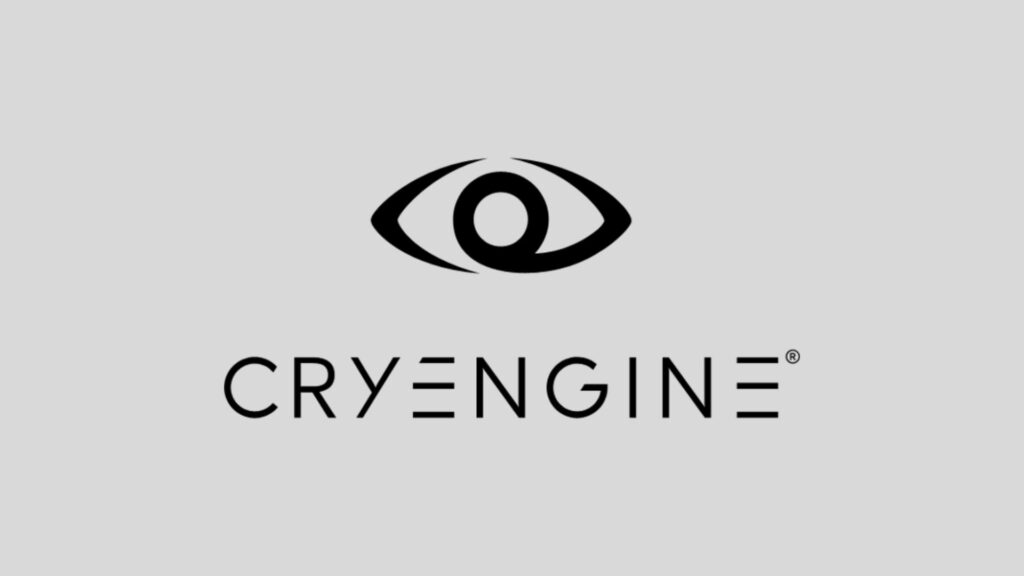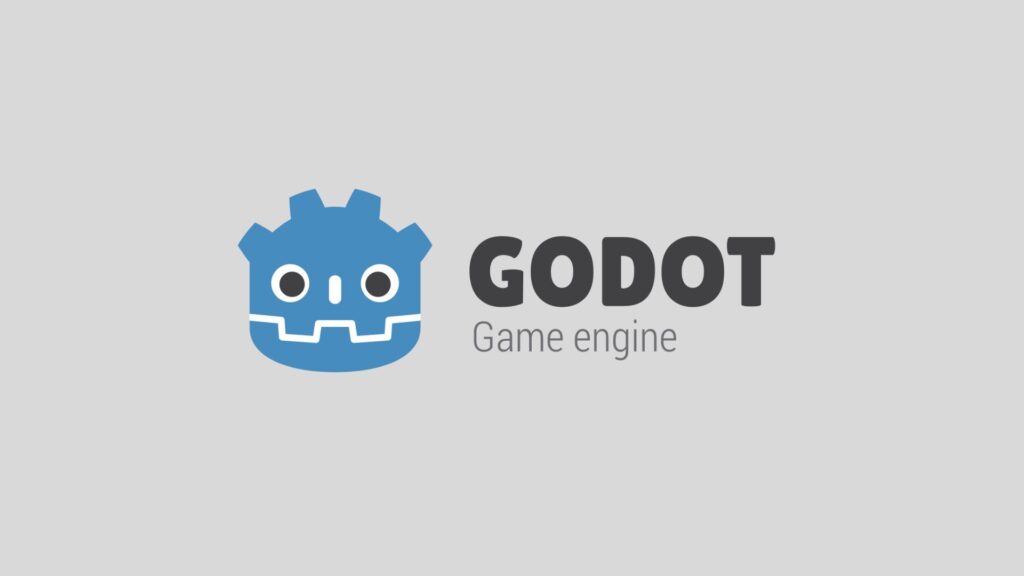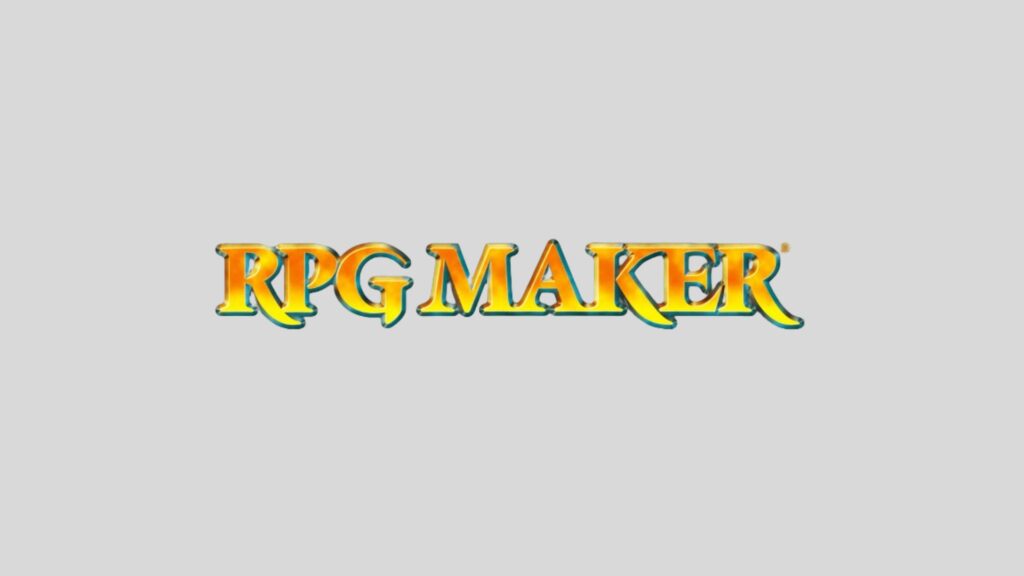Game development engines are powerful software frameworks designed to help artists and designers create video games efficiently. They provide essential tools and features such as graphics rendering, physics simulation, sound management, and scripting capabilities.
Popular engines allow creators to build games for various platforms, from mobile devices to consoles and PCs. By handling complex technical tasks, game engines enable developers to focus on designing engaging gameplay, stunning visuals, and immersive experiences.
Certain engines are preferred for 2D development while others are preferred for 3D development. This is in spite of the fact that many engines can handle production for both types of games.
Here is our list of the best game development engines, for both 2D and 3D creations, in no particular order.
3D
CryEngine

| Initial release | 2002 |
| Current version | 5 |
| Official site | https://www.cryengine.com |
Pros
- High-Quality Graphics
- Powerful Rendering Features
- Built-In Tools
- Flexible Scripting
- Free to Use
Cons
- Steep Learning Curve
- Limited Community Support
- Resource-Intensive
- Less Popular for Indie Games
CryEngine is a robust game development engine created by Crytek, renowned for its stunning graphics and advanced rendering capabilities. It’s been used to develop visually impressive games like Crysis, Hunt: Showdown, and Ryse: Son of Rome. CryEngine offers a comprehensive suite of tools for game design, including real-time 3D rendering, physics simulation, AI, audio, and animation systems.
In summary, the CryEngine is an excellent choice for developers focused on creating visually striking, large-scale games but may pose challenges for those new to game development or working on simpler projects.
Godot

| Initial release | 2014 |
| Current version | 4 |
| Official site | https://godotengine.org/ |
Pros
- Free and Open Source
- Lightweight and Fast
- Flexible 2D and 3D Support
- User-Friendly Interface
- Cross-Platform Export
- Active Community
Cons
- Limited 3D Capabilities
- Performance Optimization Challenges
- Smaller Asset Store
- Less Industry Adoption
Godot Engine is an open-source, cross-platform game development engine known for its flexibility and user-friendly design. It supports both 2D and 3D game development, making it a popular choice for indie developers and hobbyists. Godot uses its own scripting language, GDScript, which is similar to Python, as well as support for C#, C++, and visual scripting.
In summary, Godot is a solid choice for developers seeking a free, flexible, and easy-to-learn engine, especially for 2D games and indie projects. Its growing features and active community make it an increasingly competitive option in the game development landscape.
Unity

| Initial release | 2005 |
| Current version | 6 |
| Official site | https://unity.com/ |
Pros
- Cross-Platform Support
- User-Friendly Interface
- Strong 2D and 3D Capabilities
- Extensive Asset Store
- Large Community and Support
- Regular Updates
Cons
- Performance Overhead
- Licensing Costs
- Complexity for Large Projects
- Quality Variability
- Frequent Changes
Unity is one of the most popular game development platforms, widely used for creating 2D, 3D, VR, and AR experiences across various devices, including PCs, consoles, mobile devices, and the web. Known for its versatility and user-friendly interface, Unity supports C# for scripting and offers a rich ecosystem of tools and assets through the Unity Asset Store.
In summary, Unity is a powerful, versatile engine suitable for developers of all skill levels, from indie creators to AAA studios. Its broad platform support, strong community, and extensive features make it an industry favorite, though it requires thoughtful management for complex or large-scale projects.
Unreal Engine

| Initial release | 1998 |
| Current version | 5 |
| Official site | https://www.unrealengine.com/en-US |
Pros
- Cross-Platform Support
- User-Friendly Interface
- Strong 2D and 3D Capabilities
- Extensive Asset Store
- Large Community and Support
- Regular Updates
Cons
- Performance Overhead
- Licensing Costs
- Complexity for Large Projects
- Quality Variability
- Frequent Changes
Unreal Engine, developed by Epic Games, is a powerful game development platform known for its high-end graphics capabilities and versatility. It’s widely used in AAA game development, virtual production, architectural visualization, and even film. Unreal Engine supports C++ programming and features Blueprints, a visual scripting system that allows developers to create complex gameplay mechanics without writing code.
In summary, Unreal is considered the industry standard for non-proprietary engines, and the top choice for developers focused on creating visually stunning, large-scale games or immersive experiences. Its high-end features and flexibility make it a powerhouse for AAA titles, but its complexity and system demands may pose challenges for smaller teams or simpler projects.
2D
GameMaker

| Initial release | 1999 |
| Current version | 2024.11.0.179 |
| Official site | https://gamemaker.io/en |
Pros
- Beginner-Friendly
- Simple Yet Powerful Scripting
- Optimized for 2D Development
- Cross-Platform Export
- Fast Prototyping
- Active Community
Cons
- Limited 3D Capabilities
- Licensing Costs for Exports
- Less Flexibility for Advanced Projects
- Performance Limitations
- Proprietary Language
GameMaker, developed by YoYo Games, is a user-friendly game development engine designed primarily for creating 2D games. It’s popular among indie developers and beginners due to its intuitive drag-and-drop interface and support for its proprietary scripting language, GameMaker Language (GML). GameMaker has been used to create successful titles like Undertale, Hyper Light Drifter, and Hotline Miami.
In summary, GameMaker is an excellent choice for developers focused on 2D games, offering a smooth learning curve, quick development cycles, and strong community support. However, for 3D projects or highly complex games, other engines may provide more robust tools and flexibility.
RPG Maker

| Initial release | 1992 |
| Current version | MZ |
| Official site | https://www.rpgmakerweb.com/ |
Pros
- Beginner-Friendly
- Built-In Assets
- Customizable With Scripting
- Strong RPG Focus
- Active Community and Plugins
- Cross-Platform Export
Cons
- Limited Genre Flexibility
- Template-Like Feel
- Performance Constraints
- Paid Licensing
- Outdated Visuals Without Custom Assets
RPG Maker is a game development engine specifically designed for creating role-playing games (RPGs). Known for its ease of use, RPG Maker provides a simple, intuitive interface with drag-and-drop functionality, pre-built assets, and a built-in database for managing characters, items, and events. It supports scripting through JavaScript (in modern versions like RPG Maker MV and MZ), allowing for greater customization.
In summary, RPG Maker is perfect for aspiring game developers who want to create 2D RPGs quickly and easily, offering powerful tools for storytelling, world-building, and gameplay mechanics. However, its limitations in flexibility and performance make it less suitable for developers aiming to create games outside the RPG genre or those seeking advanced technical control.

